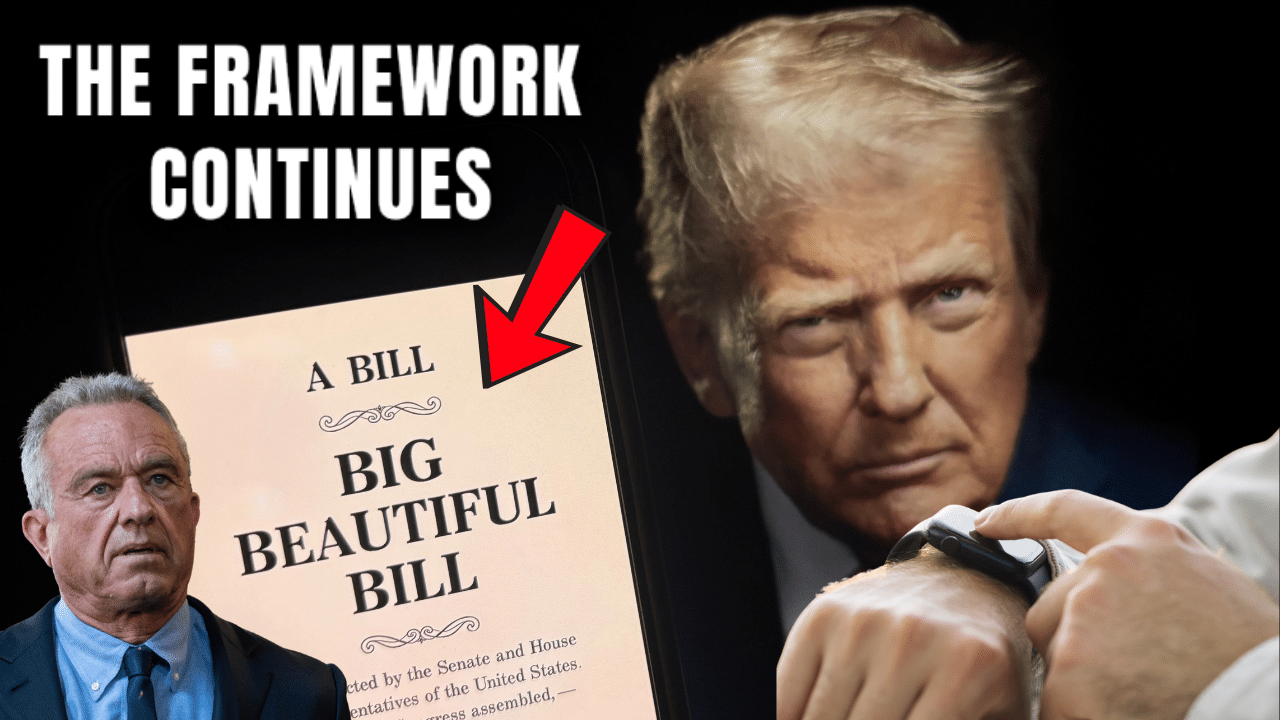A new legislative effort led by Congressman Mark Harris (R-NC) and Senator James Lankford (R-OK) seeks to repeal the Johnson Amendment, a 1954 tax code provision that prohibits tax-exempt organizations, including churches, from engaging in political campaign activity.
The Free Speech Fairness Act, introduced with the support of 18 lawmakers, aims to restore the ability of pastors and nonprofit leaders to address political issues without fear of losing their tax-exempt status, a restriction critics argue stifles free speech and religious liberty.
The Johnson Amendment, named after then-Senator Lyndon B. Johnson, bars 501(c)(3) organizations from endorsing or opposing candidates for public office.
While intended to maintain the separation of church and state, opponents contend it has been weaponized to silence religious voices on moral and cultural issues.
Rev. Jim Harden, a medical ethicist and CEO of CompassCare Pregnancy Services, argues in a Christian Post op-ed that the amendment creates a “climate of fear” among conservative pastors, discouraging them from addressing topics like abortion, same-sex marriage, or euthanasia due to potential IRS repercussions.
“The Church is meant to inform public morality, not be punished for it,” Harden writes.
The Free Speech Fairness Act would allow religious leaders and nonprofit organizations to speak freely on political matters in the context of their regular activities, as long as such speech does not involve significant additional expenditure.
Supporters, including organizations like the James Dobson Family Institute and Concerned Women for America, argue that the amendment violates First Amendment protections.
“For too long, the Johnson Amendment has shackled the free speech rights of America’s religious leaders,” said Penny Nance, CEO of Concerned Women for America Legislative Action Committee.
The push to repeal the Johnson Amendment is not new. In 2016, then-presidential candidate Donald Trump vowed to eliminate it, and in 2017, he signed an executive order directing the IRS to exercise leniency toward religious organizations.
However, legislative efforts to fully repeal the provision have so far failed.
A recent lawsuit filed by National Religious Broadcasters and Texas-based churches further challenged the amendment’s constitutionality, alleging selective enforcement against conservative groups while progressive organizations often face less scrutiny.
Critics of repeal, including some secular advocacy groups, argue that allowing churches to engage in political endorsements risks turning houses of worship into conduits for tax-exempt political campaigning.
Andrew Seidel of Americans United for Separation of Church and State has warned that such a change could enable donors to influence elections undetected, given churches’ lack of financial disclosure requirements.
A 2012 Pew Research Center survey found that two-thirds of Americans believe churches should not endorse candidates, reflecting public unease with mixing religion and partisan politics.
Enforcement of the Johnson Amendment has been inconsistent. The IRS has rarely revoked tax-exempt status over violations, though high-profile cases have drawn attention.
In 2020, Pastor Gary Hamrick of Cornerstone Chapel in Virginia faced fines for a sermon comparing political candidates’ positions to biblical teachings.
More recently, the IRS closed an investigation into a Florida church accused of violating its tax-exempt status by praying for a school board candidate, affirming the church’s First Amendment rights.
Proponents of the Free Speech Fairness Act argue that these inconsistencies highlight the need for reform.
Senator Lankford emphasized that the First Amendment protects free speech and religious freedom without government interference, stating, “Fundamental American values must extend to everyone, including pastors.”
Critics counter that the amendment safeguards the integrity of the tax system by preventing subsidized political activity, as upheld in a 1995 court ruling against a New York church that opposed Bill Clinton’s candidacy.
As the debate continues, the Free Speech Fairness Act represents a significant challenge to decades-old restrictions on religious speech. Its passage could reshape the role of churches in public discourse, particularly on contentious moral issues.
However, opponents warn that blurring the line between pulpit and politics risks undermining both religious and democratic principles. With President Trump’s return to the White House, supporters are optimistic about advancing the bill, but its fate in Congress remains uncertain.










